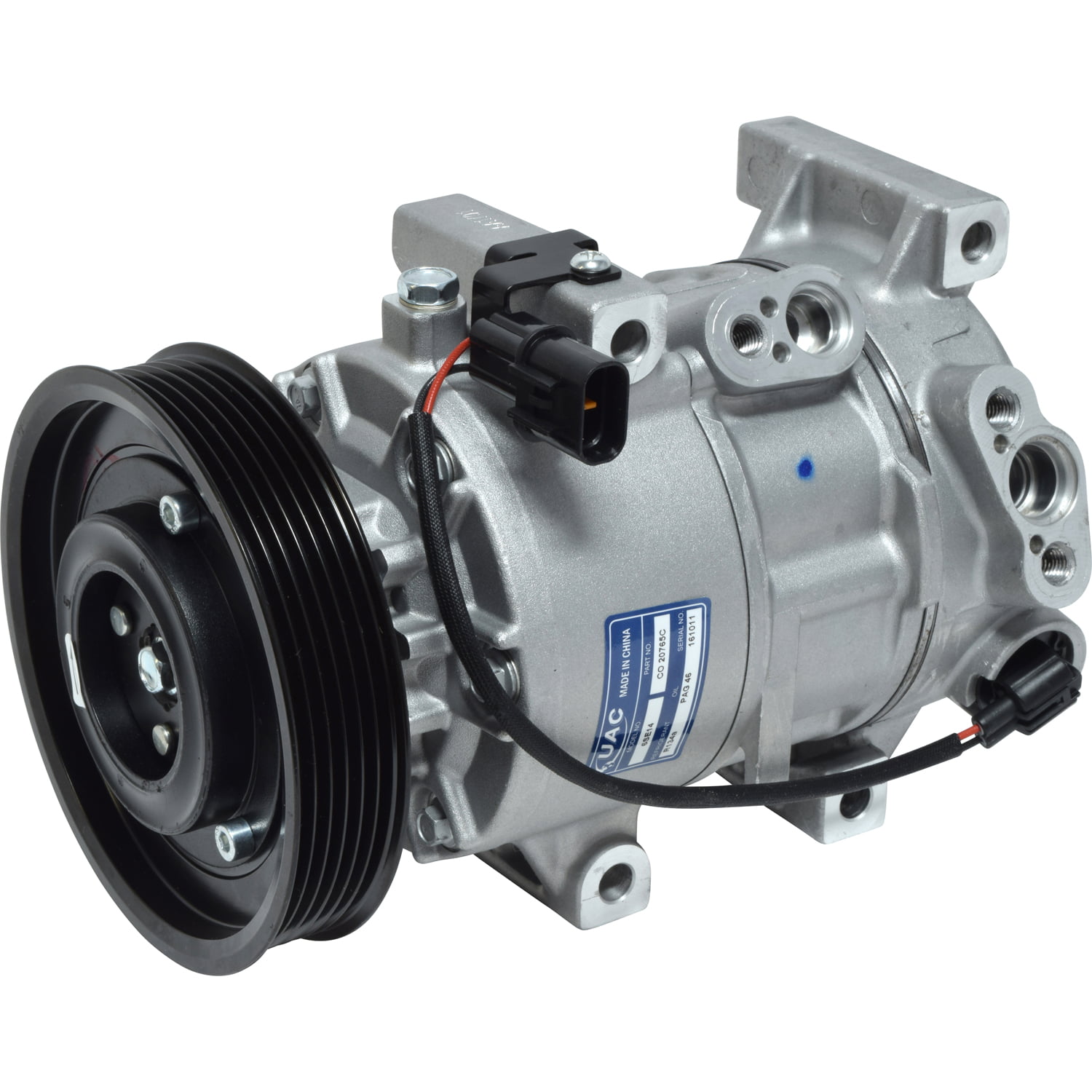
To eliminate the risk of dirt and foreign objects impacting your compressor, schedule regular maintenance with a trusted HVAC technician. These factors will often impact the functionality of your air conditioning compressor. Depending on where the compressors are, they’ll be susceptible to contaminants, including bacteria, leaves, fungi, animal feces, and dirt. Your air conditioner has compressors that will typically be outside your home. If you allow dirt to pile onto your coils, you may encounter issues with your air conditioner (AC) compressor and your system may not cool your home as quickly as you’re used to. To prevent debris from impacting your condenser coils, you’ll want to have it serviced every six months. It’s natural for your unit to accumulate debris like twigs and dirt. Tips & Insights: Why Is My Furnace Making Strange Noises? 3.
#AC COMPRESSOR REPAIR COST PROFESSIONAL#
A certified HVAC professional will check the amount of refrigerant and ensure your unit has enough to prevent an expensive AC compressor replacement and other issues. If you notice that your unit takes longer to cool your home, low coolant levels may be the problem. Inadequate air conditioning refrigerant levels can cause your AC compressor to overwork and eventually fail. Electrical problems, even minor ones, should always be handled by a professional. If this happens, turn off your unit and call an HVAC technician. When your air conditioner has electrical problems, it can impact other equipment and cause your entire system to fail. If your AC unit suddenly shuts down and needs to be tripped from your fuse box to restart, you may have an electrical malfunction. Waiting could result in AC compressor replacement or require you to get a new air conditioner prematurely. If you have one or more of these issues, call a qualified professional immediately. Regular maintenance helps ensure your AC compressor will last for years. While it is expensive to invest in an air conditioner (AC) replacement, the money you spend on repair can exceed the cost of replacing your unit. If your compressor or system requires continuous repairs and cools your home unevenly, it may be time to trade in your old system for a new, energy-efficient central air conditioner (AC). Increased temperatures can be unbearable, especially in the summer months.

Tips & Insights: How Do I Maintain a Comfortable Humidity in My Home? When To Replace Your Air Conditioner Compare your potential replacement cost with your potential repair costs and see if that helps you determine which option is best. Sometimes your technician will recommend replacing burnt-out coils or damaged refrigerant lines. If you see the value in keeping your existing cooling system, get an itemized breakdown of all replacement costs. If your technician gets upset, you’re better off taking your business elsewhere. There is nothing wrong with confirming the original diagnosis for the air conditioner (AC) compressor. This can come from a supervisor or an entirely different company. If you disagree with your HVAC professional’s recommendation, get a second opinion prior to buying a replacement compressor or central air conditioning (AC) system. With an older unit, you’ll need repairs more frequently, and replacing dated parts may be difficult and more costly. Alternatively, if your system is close to 15 years old, you may be required to replace the entire central air conditioning system.

If so, the manufacturer will be responsible for repair or replacement. If your cooling unit is relatively new, a replacement air conditioner (AC) compressor may be covered by the warranty. Getting a New AC Unit How Old Is Your Air Conditioner?


 0 kommentar(er)
0 kommentar(er)
